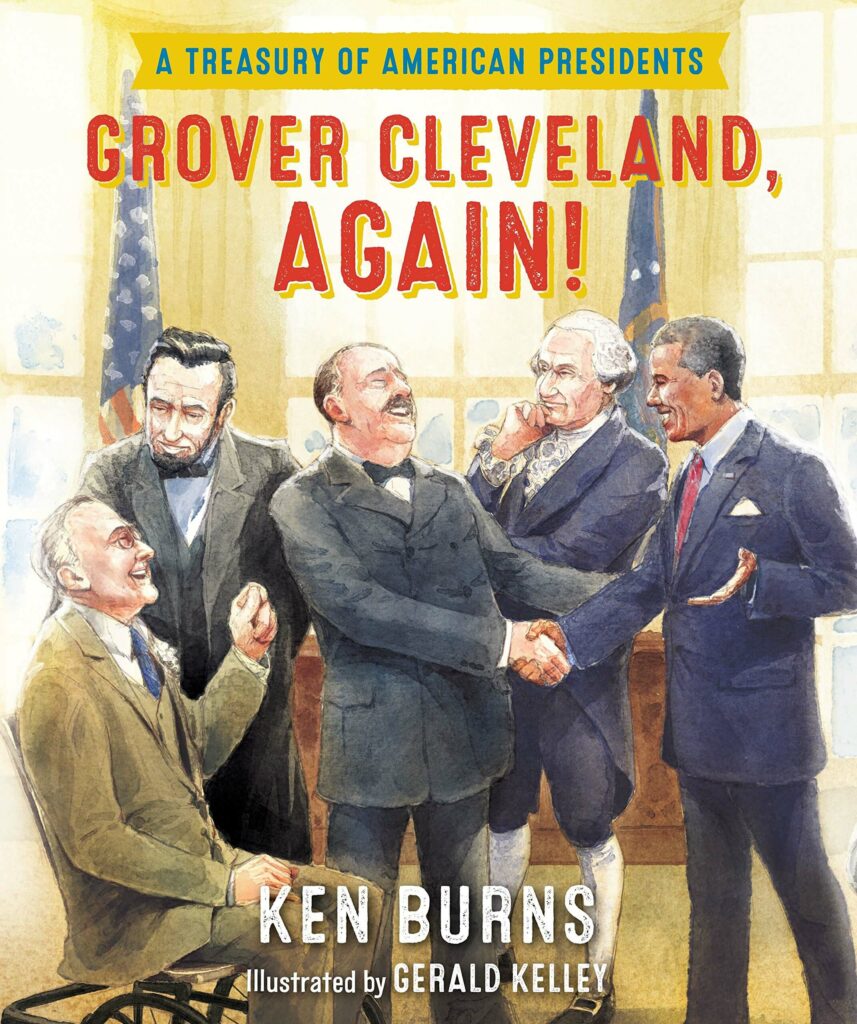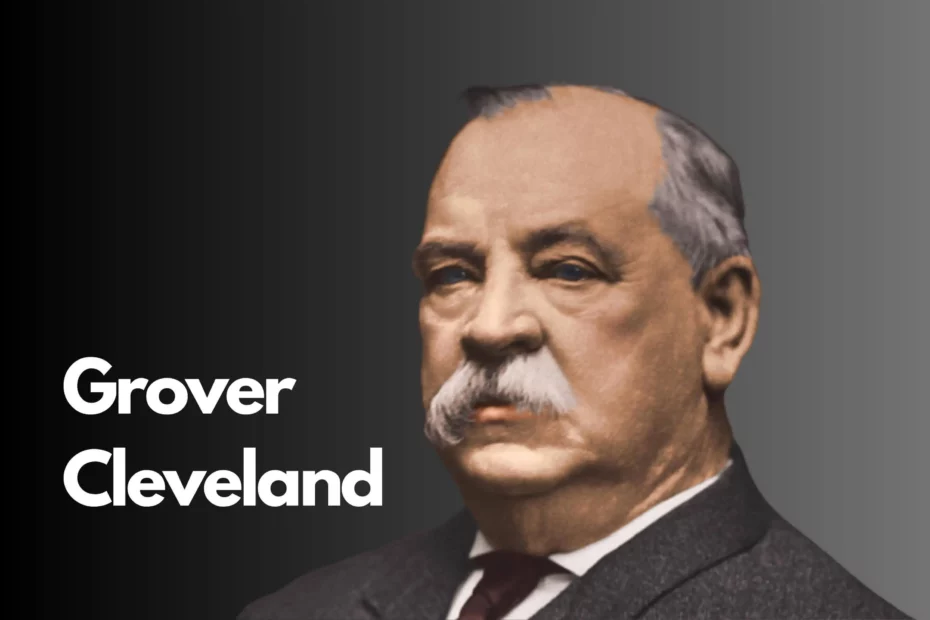Last updated on April 26th, 2023 at 06:53 am
On November 15, 2022, former President Donald Trump announced his candidacy for President of the United States in 2024, marking his third run for the White House. Trump’s announcement makes him a part of an exclusive club of defeated Presidents who have attempted political comebacks. While many defeated candidates have made multiple attempts at the presidency, such as Henry Clay, Daniel Webster, and Richard Nixon, only a handful of defeated presidents have attempted political comebacks, and only one, Grover Cleveland, succeeded.
Why do some former presidents risk their reputations on unlikely bids to regain power after being defeated in their previous term? Whether Trump succeeds may depend on his motivation. Will he do it for power? Out of boredom or regret? Or simply to spite the naysayers?
Other Presidents have also tried to make a comeback after leaving office, and not all of them were successful. A handful of presidents tried to get back into the White House and failed. Some examples include Martin Van Buren, Millard Fillmore, Ulysses S. Grant, and Teddy Roosevelt. In these big names, there is only one President, Grover Cleveland, who served two separate terms that were not one after the other. He was President from 1885 to 1889, then lost his reelection bid, but won again and served from 1893 to 1897.
Grover Cleveland An (Uncle Jumbo)
Stephen “Grover” Cleveland—also known as “Big Steve” and “Uncle Jumbo” lost the 1888 presidential election to Republican Benjamin Harrison amid allegations of voting irregularities.

In 1888, Cleveland and Harrison had a rematch, and Cleveland won. Historians think it was the fairest and most respectable election since the end of the Civil War. During the election, President Harrison’s wife was very sick with tuberculosis, so he didn’t campaign himself. Unfortunately, she passed away two weeks before the election, and both candidates stopped campaigning. Even though they both lost their bids for re-election, experts believe that Trump has a more critical political situation to overcome as compared to Cleveland.
Grover Cleveland was a unique President because he served two terms that were not consecutive. He is the only President to have been elected twice in this way. After he finished his first term as President in 1889, he became a well-known lawyer in New York City. Then in 1892, he was nominated by the Democratic Party to run for President again, and he won and served a second term.
Martin Van Buren was not reelected as President in 1840, but he tried to become the Democratic Party’s nominee for President again in 1844 and 1848 but lost both times. Millard Fillmore became President in 1850 when Zachary Taylor died in office, but he didn’t get the nomination from the Whig party in 1852. He tried again in 1856 but only got eight electoral votes. Ulysses S. Grant wanted to run for President again in 1876, but Republican Party leaders convinced him not to. He then tried to get the GOP nomination in 1880 but lost to James Garfield.
In 1901, Teddy Roosevelt became President after William McKinley was assassinated. He won a full term as President in 1904 but decided not to run for reelection in 1908. Instead, he supported William Howard Taft’s campaign for President.
While we can learn from history why some candidates may seek non-consecutive terms and the obstacles they may face, it is uncertain whether Donald Trump’s attempt to regain power will be successful.
One factor that may impact Trump’s chances is the political environment he faces. Cleveland, for example, ran in an era before the two-party system was firmly entrenched and when the political landscape was more fluid. Trump, on the other hand, will face a highly polarized political climate, with a Democratic Party that is opposed to him and a Republican Party that is grappling with its internal divisions.
Another factor to consider is Trump’s motivations for running. Is he running for power, for spite, or out of a sense of regret? The answer to this question may ultimately determine whether his campaign gains traction.
Ultimately, the success of Trump’s campaign will depend on different factors, including the political environment he faces and his motivations for running. Trump bid for a non-consecutive term will be closely watched by historians and political scientists as a unique and potentially significant moment in American political history.
